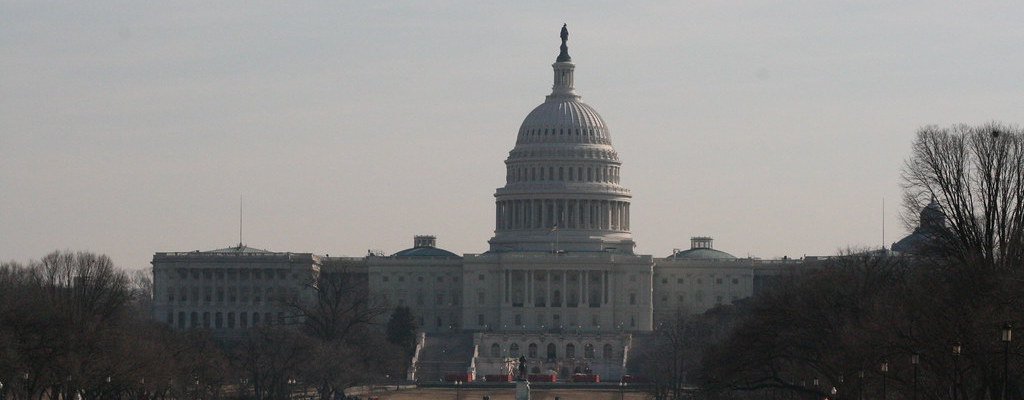Today, MuckRock’s Beryl Lipton and Open the Government’s Freddy Martinez will be featured in a training session hosted by the Project on Government Oversight. In coordination with that event, we’ve compiled some fast thoughts on how federal oversight and resources can complement local and state research and policy developments.
What are the failings of the federal government’s data on policing?
Federal data on local policing is almost always messy and incomplete in aggregate. If you expect that there is one government office that is keeping track of all the policing data and answers to your questions, you’re basically wrong.
In many cases, federally-collected crime and policing data, like that from the Bureau of Justice Statistics and the Federal Bureau of Investigation, is incomplete and of questionable accuracy. This is because efforts by the Bureau of Justice Statistics and the Federal Bureau of Investigation are generally done on a voluntary basis. Incomplete data can be worse than no data, as BJS decided in 2014 when it halted its collection of arrest- and custody-related deaths due to the dataset’s lack of reliability.
Instead, look at mandatory reporting requirements on the state level or, if your particular interest is in a certain jurisdiction, call and ask how the particular information you want is currently being collected and reported.
What federal resources exist to help dig into local policing?
Despite the gaps that can exist in federal datasets, checking out what information the federal government is able to collect is a very good first step toward identifying where there needs to be more oversight.
The 1033 program, for example, which transfers surplus military equipment to local law enforcement agencies, currently has participants from approximately 8,200 agencies in 49 states and four territories, according to the Defense Logistics Agency (DLA). The agency, of course, does not have all of the data on how the materials are used, but it has listed the transfers that have been made, the reporting expectations for participating agencies, and other details.

What’s the relationship between federal and local law enforcement?
While federal law enforcement agencies like Customs and Border Protection and the FBI don’t really have jurisdiction to operate in local cases or to enforce local laws, they do conduct a lot of operations with the help of local partners. Whether that be through grant funding, actual memorandums of understanding (MOUs) or other agreements to work on particular joint operations, or through financial agreements like those by which local jails hold federal inmates, consider asking your local police department and criminal justice offices what partnerships, formal or informal, and what funding they receive from federal agencies.
What grants are local agencies getting from the federal government?
While the federal government’s ability to oversee regular operations of a local police department is pretty limited, consider what federal grants are being awarded to local agencies and what reporting requirements are involved or other activities are being funded with this money.
What meaningful oversight measures could Congress make? The DOJ? And what progress can state reforms make?
Coordinating on particular policy changes can be very slow and tricky for Congress with a lot of different shareholders and influences being considered. While there are definitely steps that the federal government can take to better address nationwide issues — like widespread surveillance, commercial data collection, etc. — state actors often have more leverage in enforcing standards for police departments in their state. Consider New York’s recent legislative move to make public the disciplinary records of officers across the state. A move like that would be basically and legally infeasible for Congress; not so for individual state leaders.
Bonus: What data should we have? Which questions should we ask?
If you have questions about particular government data points you believe could help policy makers or residents when navigating a way forward to a more just American democracy, please let us know! We always want to hear about the kinds of information that would benefit you as you engage with this place we call home.
Curious about how you might start locally interrogating your police department? Check out this training Beryl, Freddy, and MuckRock founder Michael Morisy held in June, as well as associated resources for using public records for police accountability.
“The U.S. Capitol building and the Mall” by James ‘Tre’ Hayes is licensed under CC BY 2.0




